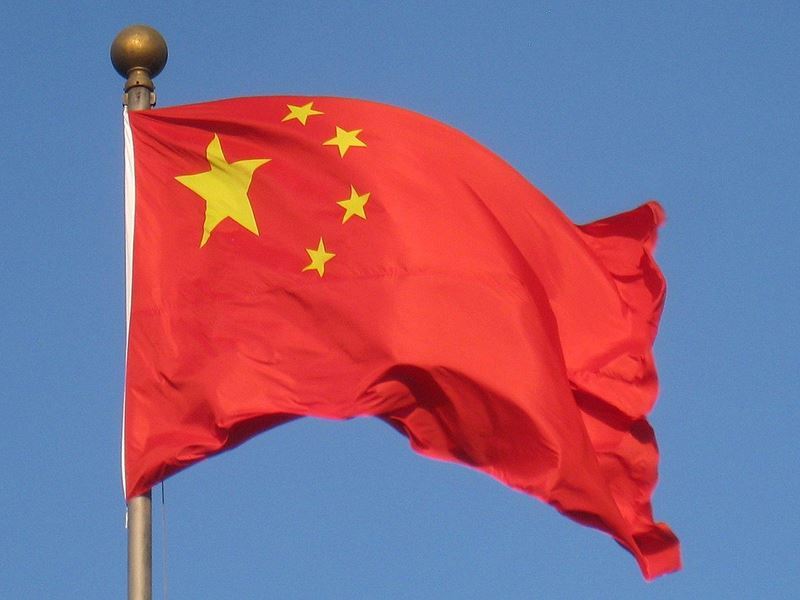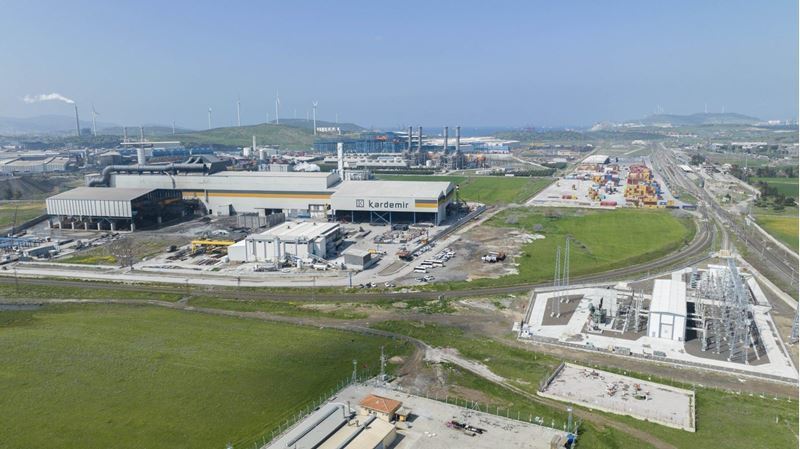According to Wang Yi, this new framework, dubbed “Free Trade Zone 3.0,” took shape as a result of negotiations that began in November 2022 and were completed in May. The agreement aims to deepen trade cooperation between the two sides by covering strategic areas such as the digital economy, green economy, and supply chain.
In a statement issued by the Chinese Ministry of Foreign Affairs, it was reported that the parties also agreed on a five-year action plan covering more than 40 areas of cooperation in the coming years. The statement was based on Wang Yi's assessments following the East Asia Summit held in Kuala Lumpur, the capital of Malaysia.
Wang also touched on the ongoing maritime disputes between China and some ASEAN countries over the South China Sea. He said that the parties aim to complete consultations on rules of conduct in the South China Sea by 2026 in order to manage these disputes.
These developments are seen as an important step toward strengthening economic integration between China and ASEAN and maintaining regional stability.











Comments
No comment yet.